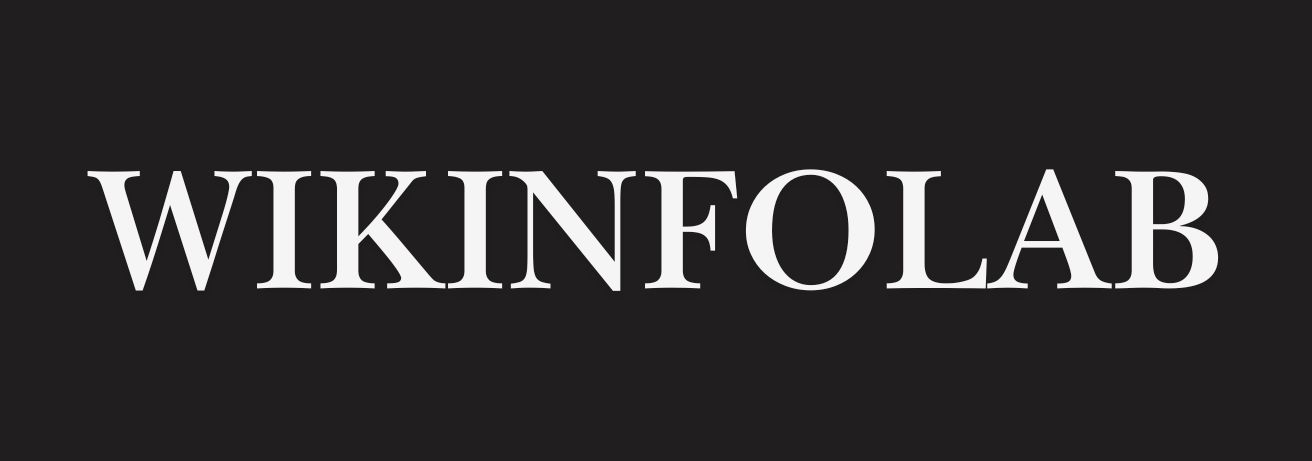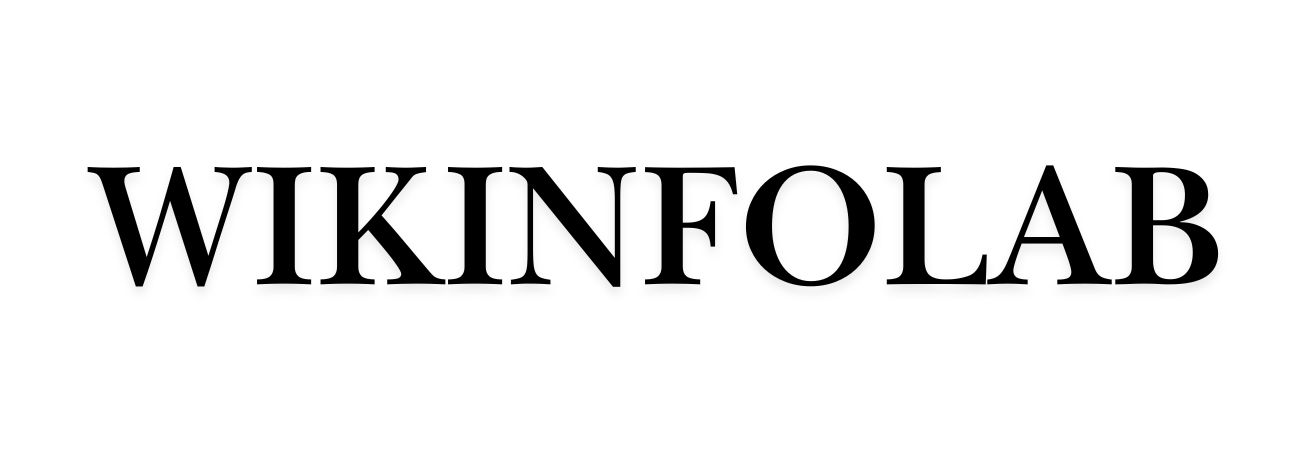The Importance of Hospital Cleaning Jobs
Hospital cleaning jobs play a critical role in maintaining a safe and healthy environment for both patients and healthcare providers. These positions are essential in preventing the spread of infections and ensuring that hospitals operate smoothly. In a healthcare setting, cleanliness is not just about aesthetics; it is about patient safety and public health. The meticulous work of hospital cleaners helps in controlling hospital-acquired infections, which are a significant concern in medical facilities globally.
One of the primary responsibilities of hospital cleaning staff is to ensure that all areas, including patient rooms, operating theaters, and common areas, are kept clean and sanitized. This involves using specialized cleaning agents and following strict protocols to ensure that germs and bacteria are effectively eliminated. The work requires a keen eye for detail and a strong commitment to hygiene and safety standards.
The importance of hospital cleaning jobs can also be seen in the context of the COVID-19 pandemic, where maintaining sterilized environments became even more critical. The demand for skilled cleaning staff increased, highlighting the necessity of these roles in healthcare settings. As hospitals continue to expand and evolve, the need for dedicated cleaning professionals remains constant, offering job security and growth opportunities in this field.
Career Opportunities and Growth in Hospital Cleaning
Hospital cleaning jobs offer a variety of career opportunities and paths for personal and professional growth. While entry-level positions may start with basic cleaning responsibilities, there is potential for advancement into supervisory or managerial roles. Many hospitals provide training programs and certifications that can enhance skills and open doors to higher positions within the facility.
For those interested in pursuing a long-term career in hospital cleaning, there are several pathways to consider:
- Specialized Cleaning Roles: These include positions such as operating room cleaners or infection control specialists, which require additional training and expertise.
- Supervisory Positions: Experienced cleaners can move into roles that involve overseeing teams, managing schedules, and ensuring compliance with cleaning standards.
- Facility Management: With further education and experience, individuals can progress to roles that involve managing the entire cleaning operations of a hospital.
Moreover, hospital cleaning jobs provide a sense of fulfillment and purpose. Employees often express satisfaction in knowing their work directly contributes to patient care and safety. This intrinsic reward, combined with the potential for career advancement, makes hospital cleaning a viable and attractive career option.
Skills and Qualities Required for Hospital Cleaning Jobs
Working in hospital cleaning requires a specific set of skills and qualities that ensure the job is done effectively and efficiently. Attention to detail is paramount, as cleaners must ensure that every corner of the hospital is free from contaminants. This attention to detail helps in maintaining the high hygiene standards required in healthcare settings.
Physical stamina is another important quality, as hospital cleaning can be physically demanding. The job often involves long hours of standing, bending, and lifting, which requires a good level of physical fitness. Additionally, hospital cleaners must be able to handle various cleaning chemicals safely and effectively, which involves understanding safety data sheets and proper handling procedures.
Communication skills are also crucial, as cleaners often need to interact with healthcare staff and patients. Being able to understand instructions and convey information clearly is important for maintaining a smooth workflow. Furthermore, hospital cleaners must be adaptable and able to work independently or as part of a team, often in a fast-paced environment.
Overall, hospital cleaning jobs demand a combination of technical skills and personal qualities that contribute to the efficient functioning of healthcare facilities. By possessing these skills, individuals can excel in their roles and contribute significantly to the health and safety of hospital environments.






